Journaling: A Powerful Tool for First Responders' Well-Being
Finding Clarity Amidst Chaos
In the demanding and often unpredictable world of first responders, maintaining mental and emotional well-being is as crucial as physical fitness. One effective, yet sometimes overlooked tool for mental health is journaling. This simple practice can offer numerous benefits for those who regularly face high-stress situations, including police officers, firefighters, and EMTs.
The Therapeutic Power of Writing
Journaling is more than just writing down thoughts and events; it's a therapeutic process that helps in processing emotions and experiences. For first responders, who often encounter intense and challenging scenarios, journaling provides a private, safe space to decompress and reflect.
Benefits of Journaling for First Responders
Stress Reduction: Writing about stressful events helps in releasing the intensity of these emotions, allowing for clearer thinking and better stress management.
Processing Traumatic Experiences: Journaling can assist in processing and making sense of difficult calls or incidents, which is crucial in preventing long-term emotional distress.
Enhancing Self-Reflection: Regular writing encourages self-reflection, leading to greater self-awareness and insight into personal responses and coping strategies.
Improving Communication Skills: Journaling helps in articulating thoughts and emotions more clearly, which can enhance interpersonal communication, both professionally and personally.
Tips for Effective Journaling
Consistency is Key: Try to write regularly. Even a few minutes a day can be beneficial.
No Rules: Remember, there are no rules to journaling. It's a personal space for your thoughts and feelings.
Reflect on Experiences: Use the journal to reflect on daily experiences, particularly those that were challenging or impactful.
Include Positive Moments: Alongside the challenges, make a note of positive experiences or things you are grateful for.
Keep it Private: Your journal is your confidential space. This privacy often allows for more honesty and openness in writing
Journaling is a simple yet powerful tool for first responders. It offers a way to navigate the complexities of their roles, providing a personal space for reflection, emotional processing, and stress management. As part of a holistic approach to mental health, journaling can significantly contribute to the overall well-being of those who work tirelessly to keep our communities safe.
